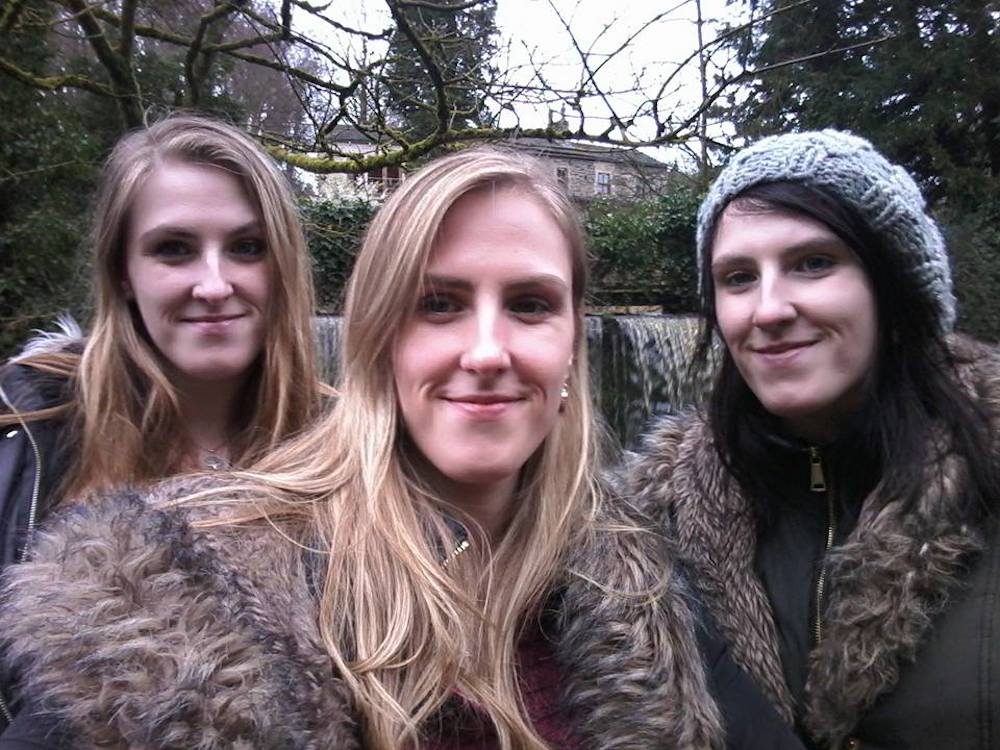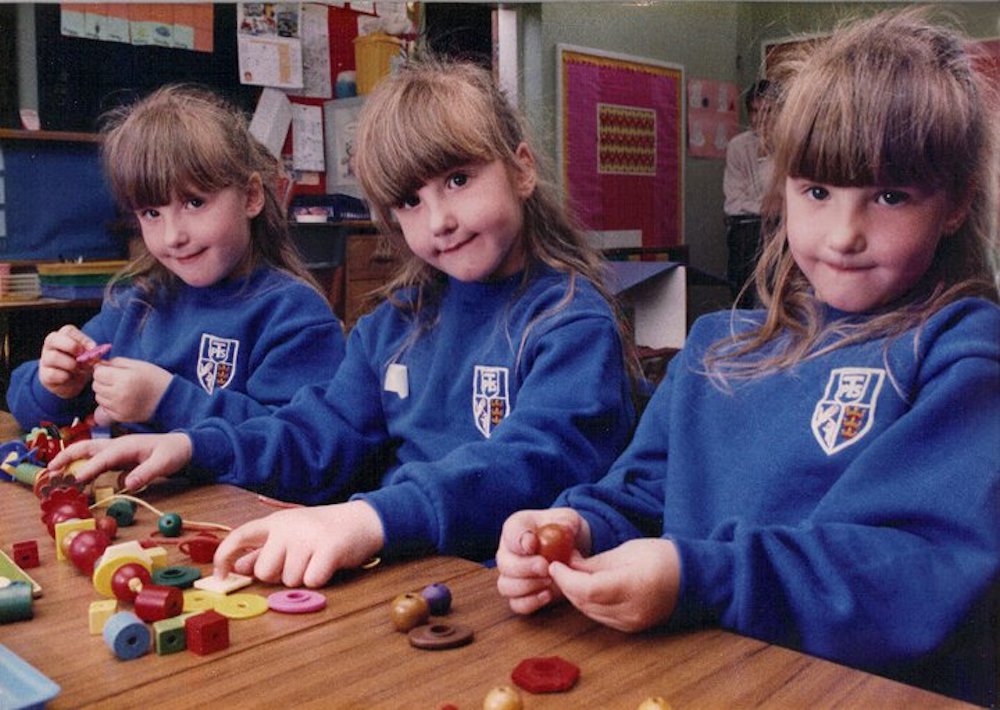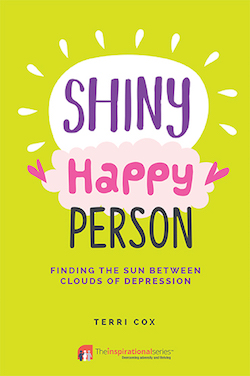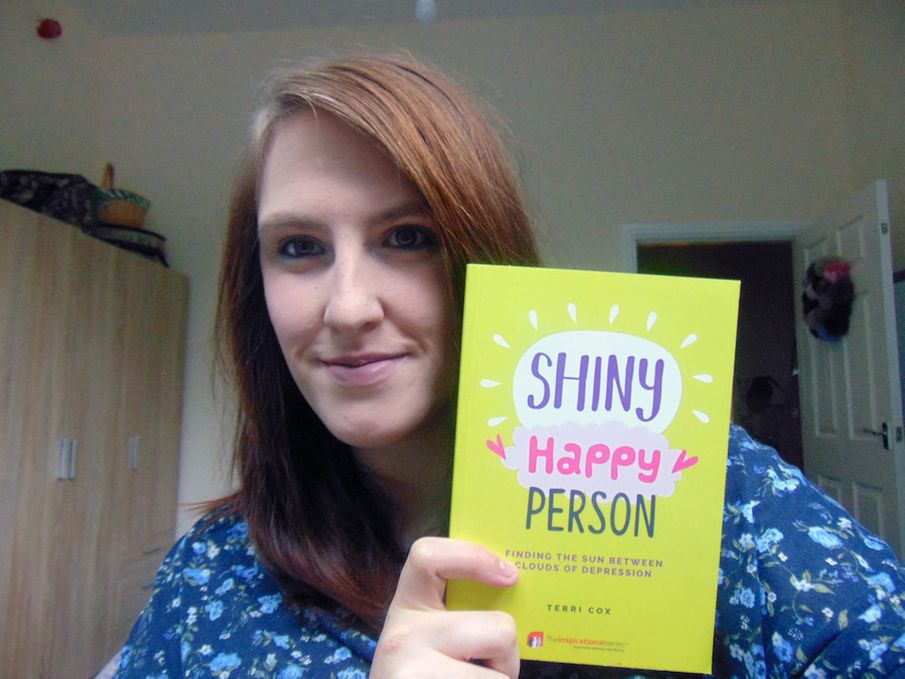A perfect storm of troubles swept Terri Cox into a deep pit of depression. But now her life is back on track, thanks to an innovative form of therapy
The first couple of days of crying probably made sense to the people around me. It was understandable: I’d had a hard time. But the crying didn’t stop. I couldn’t control it, and I couldn’t explain why it didn’t calm down, even after a week. My friends and family grew very concerned – my stepdad suspected I’d had a breakdown.
Had I not been drowning in pain and grief, I reckon I’d have shocked myself, too.
It was the autumn of 2015, and I was 25. I knew deep down I’d been depressed and anxious for a while, but I’d buried those feelings, convincing myself that I was OK. Now though, I was in the middle of a devastating break-up after also being made redundant. I’d had to move out of my rented house, and all at once I lost the future I’d envisioned for myself. It was too much to handle, and I howled myself to sleep every night.
Maybe I should introduce myself. My name’s Terri, and I’m from Hull. By nature, I’m the type of shiny, happy person that people like to be around. I love foreign languages, I’m a self-professed knitting geek, as well as an enthusiastic foodie, and I like nothing better than laughing with friends and family.

Terri (right) and her sisters Toni (left) and Stephanie (centre)
But in 2015, I lost the real Terri. Over the years, my extreme anxiety and cripplingly low self-esteem had beaten her into submission, and it had gotten to the point where I couldn’t dig through the pain to find her again.
I wish I knew then what I know now: that none of this was my fault. I’d been bullied as a kid. My sisters and I – we are triplets – were tormented every day for five years at school. It was violent and horrible. The damage was long-lasting and devastating. Even after I left school in 2006, I was still being bullied. Only this time the bullies weren’t my classmates – now my mind was bullying itself.
I developed crippling anxiety. I told myself that I was worthless, not good enough. In 2012, after I graduated from university, I got a job at the same DVD shop as my sisters. After a while, I started beating myself up for not having an amazing career right away. Eventually, I stopped applying for anything new, telling myself I was unskilled and useless, incapable of getting a good job.
I became the master of passive avoidance, one of the main characteristics of my anxiety. I didn’t act upon any situations that threatened me – I attempted to completely ignore them, or deny their existence, choosing to run away from the fear. Of course, it didn’t work. My “comfort zone” is the least comfortable place in the world.
Depression slowly took hold, but I hid it behind smiles and laughter. I convinced myself that nothing was wrong, and refused to discuss anything with my boyfriend or my family. My friends had no idea there was anything wrong. I barely knew myself.
When I was made redundant from the shop in the summer of 2015, I told myself it was the chance for a new start. And yet my anxiety held me back; subconsciously I would use any excuse to not find a new job.

Toni (left), Terri (centre), and Stephanie (right)
And then suddenly one day, I was forced to face reality. My boyfriend and I broke up. In one summer I lost my job, my house, my relationship, and the only vision of my future that I had known. I was drowning in grief.
This was the beginning of my breakdown, which manifested itself in a number of ways. I lost about half my body weight; I couldn’t eat or sleep. I hid myself away from the world; I had panic attacks and couldn’t face crowds. My anxiety made my chest tight and I had a constant lump in my throat. I cried non-stop.
One of the worst things was the intrusive thoughts that went around and around in my head, and wouldn’t stop. I’d ask my friends and family the same question repeatedly, seeking reassurance and relief. Was it my fault my life was ruined? Would I ever get back to normal? Understandably, it drove them crazy.
It took a lot of persuading before I agreed to let my sister take me to therapy. I don’t know why I was so resistant, but saying “yes” was the best decision I’ve ever made.
Peter was everything I could have asked for in a therapist. He was gentle and considerate, and put me at ease immediately. At first, my treatment consisted of talking therapy, during which I cried and cried.
I told him about my violent past, and what had happened to me. I told him I thought I’d had a breakdown.
Peter assured me there was nothing wrong with me. I’d had a tough few years, and the events of the current year had pushed me into a pit.

Terri
He often stopped me when I went on a self-critical rant. He told me the negative things I said about myself was the voice of “The Judge”, a nasty, unhelpful, inner monologue that told me I was worthless.
Talking to my therapist was just the kind of catharsis I needed. When I finally gained some mental and emotional strength, we moved on to EMDR, a therapy that absolutely turned my life around.
EMDR stands for eye movement desensitisation and reprocessing. Essentially, when we are in deep REM sleep, our brains process the events of the day. If that process is interrupted – for example, if you’re being bullied and can’t sleep – then you can develop a kind of trauma.
EMDR helps you emulate REM sleep. Your eyes follow flashing lights or cues, while you think about a traumatic event in the past. You then deconstruct the meaning and impact of that memory until it no longer has power over you.
This was life-changing for me. EMDR – combined with medication, finding my passions again, being creative, decluttering, reconnecting with friends, getting out into nature, and self-affirmation – helped me find the Terri that I’d lost.

As a result, I am doing far better today. I remember to take care of myself, and to take the time to feed my soul with creativity. I have a new boyfriend, and we’re incredibly happy. I do my best not to judge myself, hard as that can be.
In 2017, Shaw Mind’s Trigger published my book, Shiny Happy Person. It means so much to me that my book is helping so many people. Mental health is an ongoing battle, but it’s one worth fighting.
My advice to you? Be kind to yourself. Finding happiness for yourself is OK. Speak to yourself the way you would speak to someone you love, because that’s what you deserve. Don’t let “The Judge” win.
Visit triggerpublishing.com to order Terri’s book ‘Shiny Happy Person’ (£11.99, Trigger)
Terri’s experience demonstrates the high cost of bullying. A perfect storm of difficult losses meant her ways of coping were undermined. If you think of symptoms as an attempt to heal and grow, this was an opportunity for her to find new ways to do just that. EMDR is a powerful therapeutic process that integrates disconnected parts of our experience so that we can move past trauma and find wholeness and self-belief. It takes courage to face what is happening; I am moved by Terri’s resilience and willingness to move on.


Comments